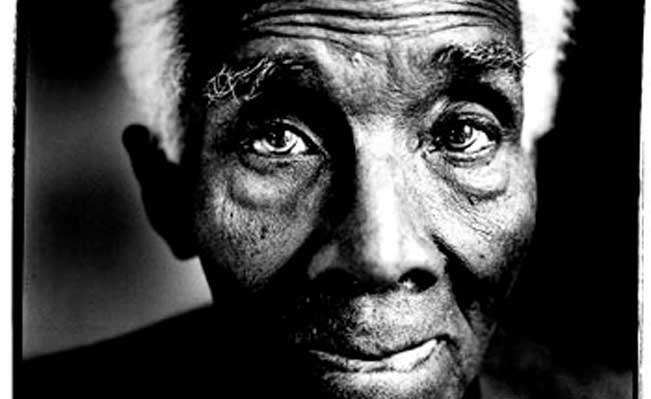 CLR James
CLR James
Mark Perryman of Philosophy Football describes a framework for understanding football that also challenges how we define the political
“ What do they know of cricket who only cricket knows”
– CLR James
CLR James’ superb book on West Indian cricket, Beyond a Boundary is founded on two essential truths. First, sport cannot be understood in isolation from society. Second, society cannot be understood without the study of popular culture, which includes sport
Thus James writes:
“A famous liberal historian can write the social history of England in the nineteenth century, and two famous socialists can write what they declared to be the history of the common people of England, and between them never once mention the best-known Englishman of his tome. I can no longer accept the system of values which could not find in these books a place for WG Grace. Despite the intensification of the means and modes of modern publicity, he still stands high in the historical memory of the British people and all who have been brought into close relations with their branch of Western civilisation. Between those who, writing about social life in Britain, can leave him out, and myself, there yawns a gulf deep and wide.”
Today the study of the culture of football, as for CLR James writing about cricket fifty years ago over in 1963, remains the same. It is all about occupying that gulf ‘deep and wide.’
In the late 1950s a group of academics began this process of taking popular culture seriously. These included Richard Hoggart’s The Uses of Literacy the social historian E.P. Thompson’s The Making of the English Working Class and perhaps most important the literary critic and theorist Raymond Williams.
In one essay Williams made the argument ‘culture is ordinary.’
“Culture is ordinary: that is the first fact. Every human society has its own shape, its own purposes, its own meanings. Every human society expresses these, in institutions, and in arts and learning.”
Raymond Williams sought to undermine the idea, dominant since the late nineteenth century, that culture consists primarily of the arts: literature, ballet, painting, the theatre. Moreover the dominant idea also suggested that ‘culture’ needed defending from popular cultural forms associated with the rise of industrial society and methods of mass production.
Williams also makes the point that ‘culture’ has two meanings. “ We use the word culture in two senses. One, to mean a whole way of life – the common meaning; Two, to mean the arts and learning – ‘ the special processes of discovery and creative effort.’
Football is incontestably a major part of the former, yet perhaps more interestingly make a contribution also to the latter?
In part this is not so much about simply studying popular culture but unsettling the distinction between ‘ high’ and ‘popular’ culture.
The sociologist and early pioneer of cultural studies, Stuart Hall, believed popular culture was the site where everyday struggles between dominant and subordinate groups are fought, won, and lost. He argued that it is through culture that processes of social change make themselves most dramatically visible. And that culture is a constitutive dimension of society
Culture thus has to be thought of as active, a key part of society. Politics is inseparable from popular culture, and vice versa. In particular culture often acts to erode traditional class alliances.
Not only is this a very different way of thinking about football to the one we are used to. It is also a very different way to thinking about what we mean by politics.

